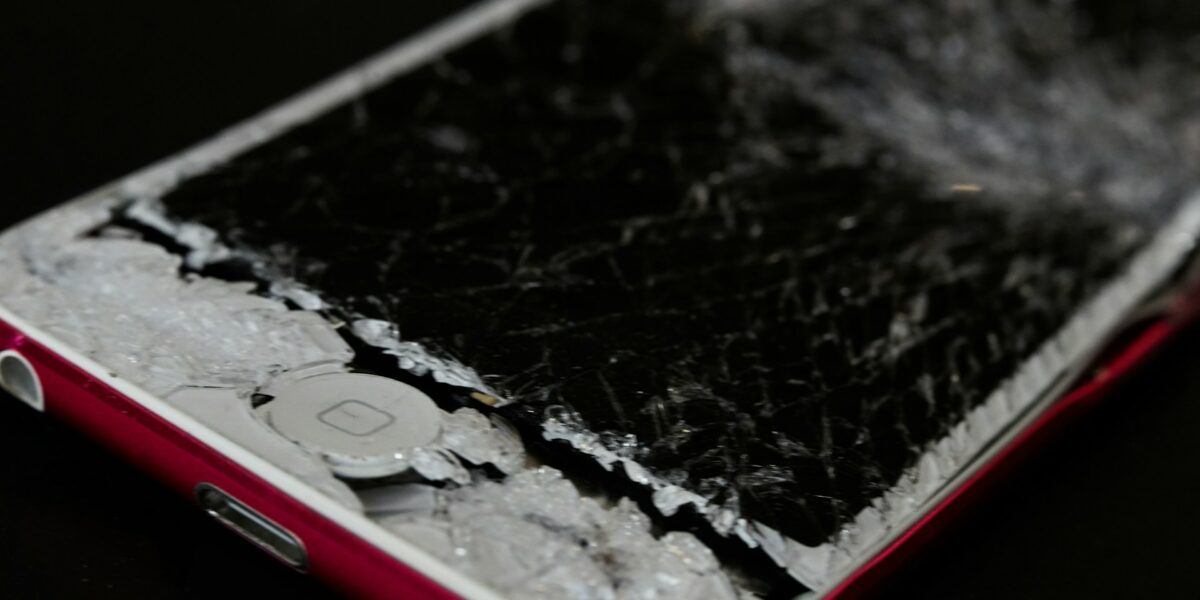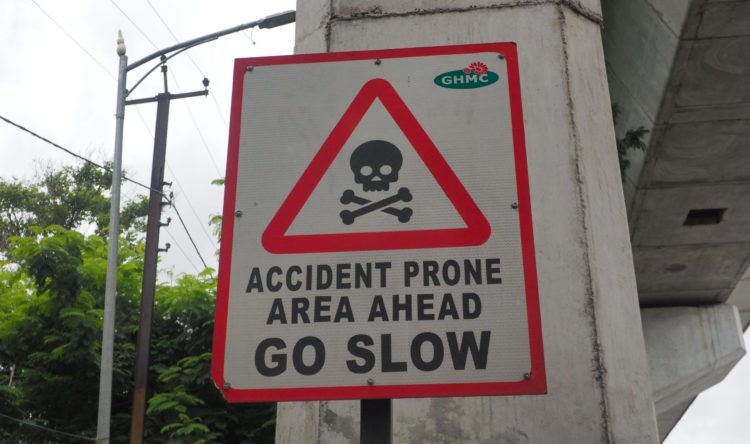Time to hang up
Is it time to call the operator
Researchers and academics again call for banning all mobile phone use by drivers.
Further research and its results confirm previous studies’ conclusions that ‘hands-free’ is just as dangerous as hand-held phone use by drivers.
The government and the corporate sector remain unmoved, as they see in-vehicle communication as an essential tool for business.
It’s for you
Mobile phones are incredible.
The advent of the smartphone put a mobile computer system in our pockets, and it has now become an indispensable part of modern life.
All of us are increasingly reliant on and bound to what it offers and provides. So much so that our lives may connect us virtually to more and more of our world and the society we live in but increasingly disconnect us from reality and real life.
When it comes to road safety, they have become a scourge for everyone. From zombie pedestrians walking blindly in front of traffic, the drivers concentrate on their communication above what is happening around their tin can on wheels.
However we use them, and whatever form of transport we utilise, we are increasingly distracted.
Computing reality
Evidence shows that drivers using them—whether holding or using the device hands-free—are four times more likely to crash. They also show poor hazard detection ability and take longer to react to any hazards they do notice.
A new ‘Special Feature’ article in Fleet News investigates the issue with the help of Gemma Briggs, Professor of Applied Cognitive Psychology at The Open University.
“The human brain isn’t like a computer. We don’t have two parallel streams of attention where we can process one task within one and another in the other,” says Gemma Briggs, professor of applied cognitive psychology at The Open University.
“It’s not how it works. What we do is shift between two tasks and there’s a momentary lag called a resumption lag, when we shift back to the first task.
“The problem is your brains are so amazing that they fill in the gaps so your conscious awareness is that everything’s fine, everything’s smooth, nothing bad has happened, but you don’t know.
“The only time that you’ll become aware is if something unexpected happens such as you crash.”
Blind leading the blind
Briggs says this leads to a condition known as inattentional blindness, which is when drivers cannot see hazards directly in front of them even when they are looking straight at them.
“In some of our laboratory studies we’ve presented a hazard directly where someone is looking – and we know they are looking at it because we’ve got an eye tracker on them – but they fail to see it,” she adds.
This cognitive distraction is the critical issue with mobile phone use, says Briggs.
When people are conversing, they naturally picture where people are, what they’re describing and what they’re up to.
Conference calls can be even more problematic because a driver may have multiple people talking to them, which ramps up the distraction considerably.
“The mental resources needed to create those images in your brain are the same mental resources that are needed for accurate visual perception of the driving situation,” says Briggs.
“The effect persists around five minutes after your phone use has ended. It’s not just about physically holding or looking at a phone, this distraction is enduring.”
Seeing the light
Researchers at the University of Michigan Transport Research Institute observed 36 drivers covering more than 80,000 miles on the road as far back as 2006.
For many, it predates the arrival of the modern smartphone, the Apple iPhone. But mobile phones have become a popular tool, especially in the business world. Making calls on the move was a valuable efficiency asset, raising productivity, especially when driving.
Unfortunately, as this early research highlighted, the costs for society as large were huge. The problem has only got worse.
Numerous scientific research projects have all come to the same conclusions. With the evermore powerful and efficient smartphones available to everyone, the problems have only increased.
A campaign earlier this year – We Need To Talk About Hands Free – was taken up by the police.
It led The National Police Chiefs’ Council to say that say it would begin cracking down on drivers who are distracted by the hands-free option in cars.
This project involved 470 officers from England and Wales taking part in the research. Officer attitudes to the safety of legal hands-free mobile phone use by drivers dramatically changed, with 88% reporting that, in future encounters with phone-using drivers, they would explain the dangers of all phone use, not just hand-held use.
The law
Under a 2022 law, holding and using a phone, sat-nav, tablet or any device that can send or receive data while driving is illegal.
This means you must not use a device in your hand for any reason, whether online or offline.
The law still applies even if stopped at traffic lights or queuing in traffic .
If caught, drivers who break this law may get six penalty points and a £200 fine.
They will lose their licence if they have passed their driving test in the previous two years.
Drivers can also get three penalty points if they do not have a full view of the road and traffic ahead or proper control of the vehicle.
They could also be taken to court, where they could be banned from driving and get a maximum fine of £1,000 (£2,500 if they are driving a lorry or bus).
The law, however, does not prohibit the use of hands-free devices.
“Because of the law, most people, understandably, may have the attitude that hands-free phone use is the safe, legal and responsible thing to do,” she adds.
“But in terms of the science, it doesn’t make any difference whether handheld or hands-free: you are four times more likely to be involved in a collision than if you don’t use your phone.”
Ban the phone
Ideally the government needs to ban all phone use behind the wheel. This would be simple for every driver to understand, removing any doubt – phones and driving don’t mix.
Briggs believes drivers, especially when it comes to employment, must be empowered to push back against employers prescribing their use. This must be the minimum if they are not to be banned outright. Personal safety of employees is a corporate responsibility, and hands-free phone use behind the wheel should be discouraged, not encouraged.
“It needs to be crystal clear that that’s how things work and there are mechanisms in place to support everyone,” she adds.
Read the full feature here.







